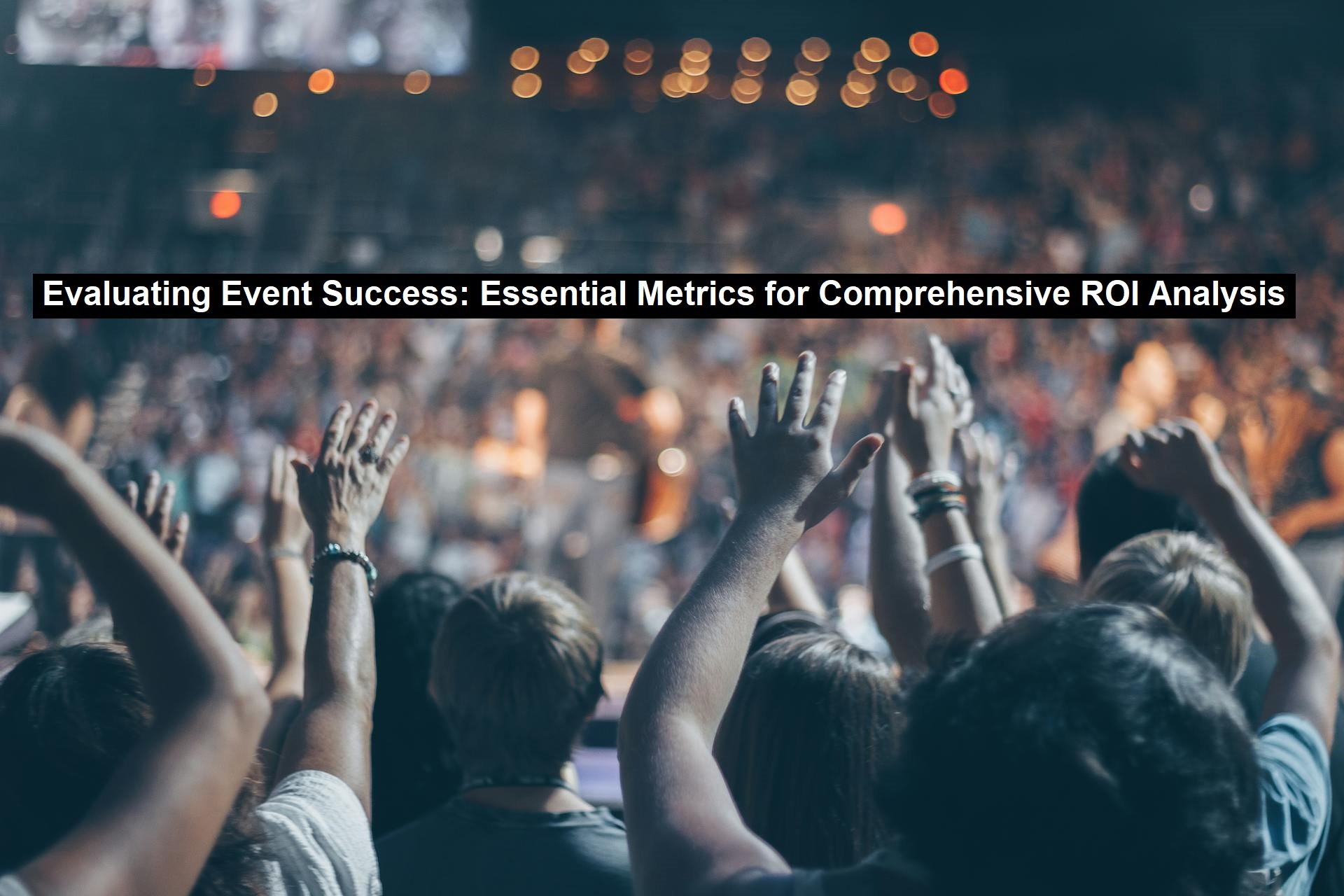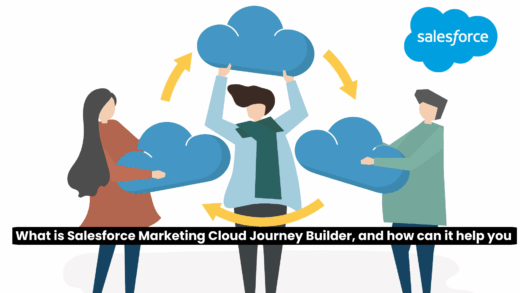
In the world of corporate events, measuring success requires more than just counting the number of attendees. To truly understand an event’s return on investment (ROI), it’s essential to look at a range of key metrics that reflect attendee engagement, financial results, and long-term impact. This article explores how to track the most important metrics to ensure your event delivers tangible value.
Before your event even begins, tracking pre-event metrics can provide useful indicators of success. Social media reach, email open rates, and registration data can give you a glimpse of your event’s potential reach and engagement levels. Additionally, evaluating the demographics of your registrants helps in crafting an event experience tailored to your audience’s preferences.
Read: Exploring the Best EHR Software for Your Business
Once the event is underway, focus on real-time engagement metrics. The level of participation in live sessions, Q&A sessions, and social media engagement can provide instant feedback on how involved attendees are. Additionally, tracking content consumption—such as the number of downloads or views of session materials—helps you assess the value and relevance of the event’s offerings.
Post-event, it’s important to gather feedback to measure true ROI. Using surveys and calculating the Net Promoter Score (NPS) provides valuable insights into attendee satisfaction. Ongoing engagement, such as viewing on-demand content or social media interactions, helps you assess the event’s lasting influence on your audience.
In terms of financial ROI, comparing revenue from ticket sales, sponsorships, and other sources with event costs offers a clear picture of profitability. Effective cost management ensures the event remains financially viable while still providing high-quality content and experiences for attendees.
Networking outcomes are another area to track. By measuring new connections made during the event, such as the exchange of business cards or new LinkedIn connections, you can evaluate the success of your event’s networking opportunities. Follow-up actions, such as scheduled meetings or new partnerships, provide tangible results from these connections.
Your event also plays a critical role in enhancing your brand’s reputation. Metrics like media coverage, new social media followers, and positive testimonials show how the event has influenced your brand’s visibility and trust with the audience.
Finally, it’s essential to measure long-term business impact. Tracking metrics like qualified leads, conversion rates, and repeat attendance helps you evaluate the event’s contribution to your broader business objectives, such as customer retention and lifetime value.
Comprehensive-ROI-Analysis
Event marketing platforms equipped with advanced data analysis tools are key to tracking and analyzing these various metrics. By efficiently presenting the data to stakeholders, you can demonstrate the value of your events and secure support for future endeavors.



